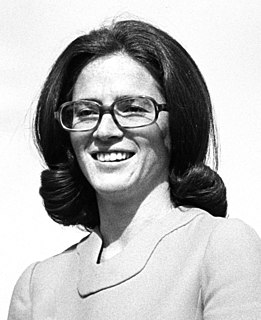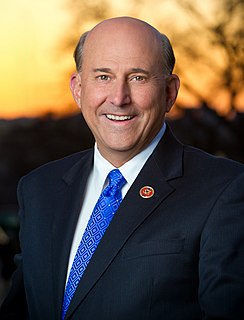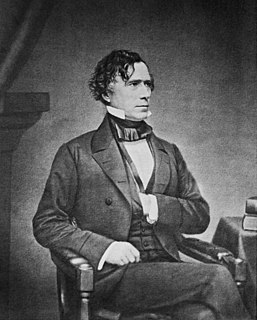A Quote by Noam Chomsky
I think that has a lot of dangers, as does government surveillance, which is way too high.
Quote Topics
Related Quotes
The framers of our Constitution understood the dangers of unbridled government surveillance. They knew that democracy could flourish only in spaces free from government snooping and interference, and they put restraints on government overreaching in the Fourth Amendment of the Bill of Rights. . . . These protections require, at a minimum, a neutral arbiter - a magistrate - standing between the government's endless desire for information and the citizens' desires for privacy.
Snowden has presented us with choices on how we want to move forward into the future. We're at a crossroads and we still don't quite know which path we're going to take. Without Snowden, just about everyone would still be in the dark about the amount of information the government is collecting. I think that Snowden has changed consciousness about the dangers of surveillance.
Absent geopolitical crises, the role of government policy isn't as big as people think in the short run. In the immediate term, the potential to ignite an escalating trade war without really intending to ought to be high on our list of US dangers as should dangers of popping credit bubbles either internationally or here at home.
If the World War [I] demonstrated anything it was that government ownership is fraught with the gravest dangers and usually leads to disaster. Take Britain. The two problems which have caused the greatest trouble since the war ended have been transportation and coal. The government seized both industries when the war broke out. It got them into such a hopeless mess that it does not know how to turn [In] coal; the government now realizes, it took hold of the tail of a wild animal and is afraid to let go.
What we're really debating is not security versus liberty, it's security versus surveillance. When we talk about electronic interception, the way that surveillance works is it preys on the weakness of protections that are being applied to all of our communications. The manner in which they're protected.
There are rights that Hillary Clinton doesn't like. American people have too many rights. There's too much freedom. Government doesn't have enough rights, in her mind. Government's too limited. The Constitution limits the government way, way, way too much. "And I feel strongly that" - fake smile - "the Supreme Court needs to stand on the side of the American people." Not on the side of the powerful corporations and the wealthy.
Government is not a solution to our problem, government is the problem. ... Government does not solve problems; it subsidizes them. Government's view of the economy could be summed up in a few short phrases: If it moves, tax it. If it keeps moving, regulate it. If it stops moving, subsidize it. ... The problem is not that people are taxed too little, the problem is that government spends too much.



































